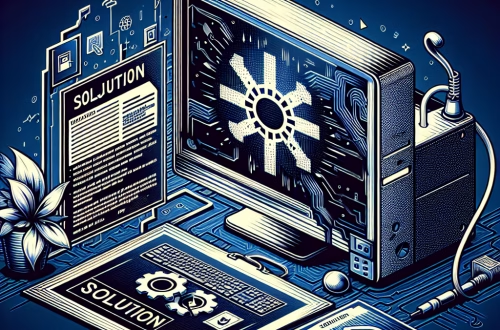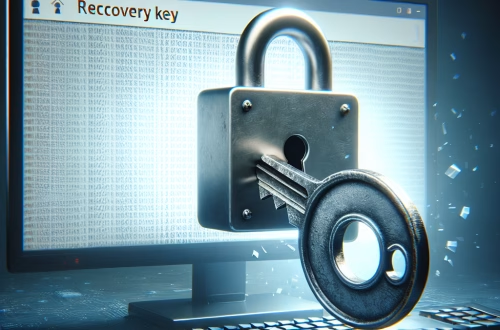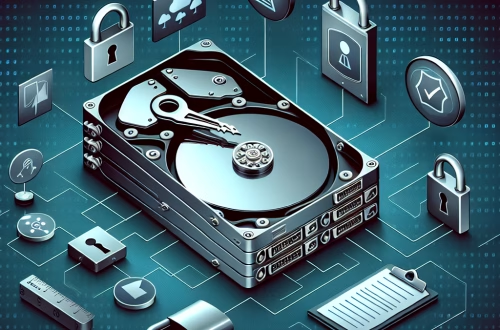Does BitLocker Affect Gaming Performance
Summary:
BitLocker, a full-disk encryption feature in Windows, is designed to protect data by encrypting entire volumes. While it ensures data security, questions arise about its impact on gaming performance. BitLocker operates transparently in the background, and its encryption process can introduce minimal overhead. However, in most modern systems with hardware encryption support, the performance impact is negligible. Common scenarios where BitLocker might affect gaming include systems with older hardware, slower storage devices, or improper configuration. Ensuring your system meets recommended specifications and leveraging hardware-based encryption can mitigate potential performance issues.
What This Means for You:
- Immediate Impact: BitLocker may introduce slight latency or reduced read/write speeds, potentially affecting load times in resource-intensive games.
- Data Accessibility & Security: While BitLocker enhances security, ensure your recovery key is securely stored to avoid data access issues during system disruptions.
- System Functionality & Recovery: Familiarize yourself with BitLocker’s recovery process to quickly restore access to encrypted drives if needed.
- Future Outlook & Prevention Warning: Regularly update your system and ensure compatible hardware to minimize performance impacts and maintain optimal security.
Explained: Does BitLocker Affect Gaming Performance
Solution 1: Optimizing System Hardware
To ensure minimal performance impact, verify your system meets the recommended hardware requirements for BitLocker. Systems with modern CPUs and SSDs benefit from hardware-based encryption, which offloads encryption tasks to dedicated components, reducing overhead. Check if your system supports Intel AES-NI or AMD-V technologies, which enhance encryption performance. For older systems, upgrading to an SSD and ensuring sufficient RAM can significantly improve gaming performance while using BitLocker.
Solution 2: Configuring BitLocker Settings
Proper configuration of BitLocker can mitigate performance issues. Use the manage-bde command to adjust encryption settings. For example, running manage-bde -on C: enables BitLocker on the C: drive. Ensure hardware encryption is enabled by running manage-bde -status and verifying the “Encryption Method” field. Disabling software-based encryption and leveraging hardware-based encryption minimizes performance overhead during gaming sessions.
Solution 3: Monitoring and Maintenance
Regularly monitor BitLocker’s impact on system performance using tools like Task Manager or Performance Monitor. Look for increased CPU or disk usage during gaming sessions. Additionally, perform periodic maintenance tasks such as defragmenting drives (if using HDDs) and updating drivers to ensure optimal performance. Running the chkdsk command can also identify and resolve disk-related issues that may exacerbate BitLocker’s impact.
Solution 4: Alternative Security Measures
If BitLocker’s performance impact is still noticeable, consider alternative security measures for specific folders or files. Tools like Windows’ Encrypting File System (EFS) or third-party encryption software can provide targeted security without encrypting the entire drive. However, this approach requires careful management to ensure comprehensive data protection.
People Also Ask About:
- Does BitLocker slow down SSDs? No, BitLocker has minimal impact on SSDs with hardware encryption support.
- Can BitLocker affect FPS in games? BitLocker typically does not directly affect FPS but may impact load times on slower systems.
- How to disable BitLocker for gaming? Use the
manage-bde -off C:command to disable BitLocker, but this compromises data security. - Does BitLocker use CPU resources? BitLocker uses minimal CPU resources with hardware encryption support.
Other Resources:
Suggested Protections:
- Upgrade to hardware with AES-NI or AMD-V support.
- Enable hardware-based encryption in BitLocker settings.
- Regularly update Windows and device drivers.
- Monitor performance and address issues promptly.
- Store BitLocker recovery keys securely.
Expert Opinion:
While BitLocker introduces a layer of security, its performance impact on gaming is negligible for modern systems. Leveraging hardware-based encryption and ensuring proper configuration are key to maintaining both security and performance. As gaming and security technologies evolve, integrating these measures will ensure a seamless experience without compromising data protection.
Related Key Terms:
- BitLocker encryption
- Hardware-based encryption
- Gaming performance impact
- Intel AES-NI
- BitLocker configuration
- Full-disk encryption
- SSD performance
*Featured image sourced by DallE-3




